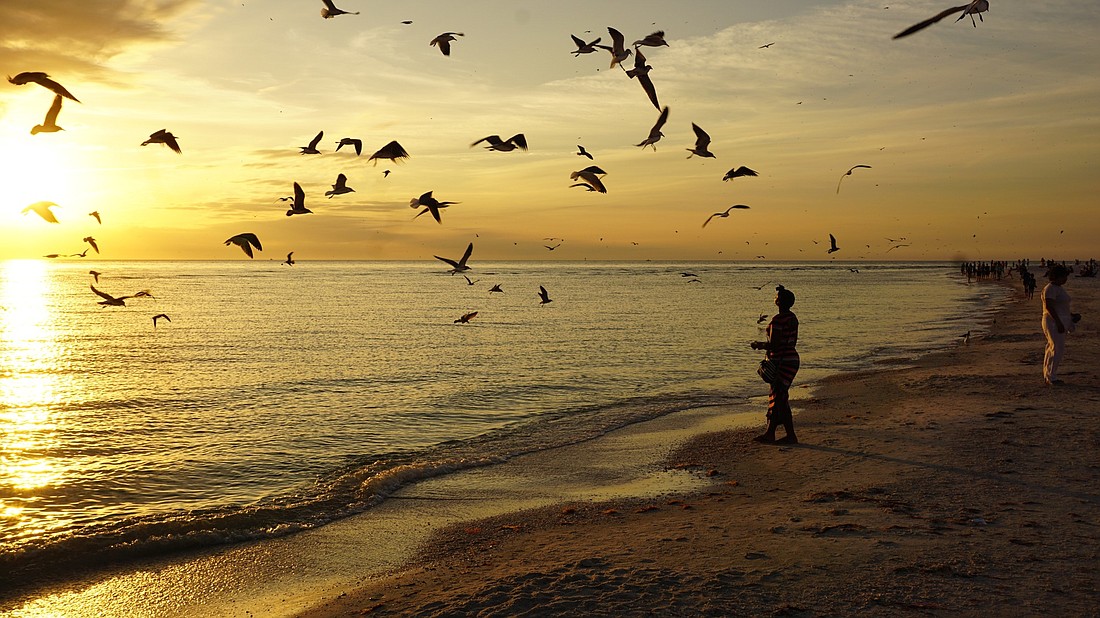- April 29, 2024
-
-
Loading

Loading

As staffers provided updates this week regarding the County Commission's top 2019 priority — water quality — commissioners again pivoted their attention to their overarching goals for the county's Water Quality Summit, planned for June 5.
Commissioners first explored the idea of the summit following a similar event held by Charlotte County earlier this year. A devastating outbreak of red tide last summer and fall provided the impetus for commissioners to propose a similar event, and they recently settled on June 5 at Riverview High.
The Water Quality Summit — which the county says will focus on science, action and government involvement — will be free and open to the public.
But, now that planning for the event is underway, commissioners themselves are exploring different ideas of what they’d like to prioritize.
“Everybody has had one of these meetings about water quality,” Commission Chair Charles Hines said. “My personal goal is, when we come out or get to this date, I want us … to say, ‘This is what we’ve done since last summer. These are the projects that we’ve funded.’ ”
In particular, Hines noted that he wanted to see an overall agreement in both “best practices and best sciences” so that community leaders, residents and scientists alike could move forward cohesively.
Commissioner Nancy Detert, who attended the South County Tiger Bay’s presentation on water quality last week, said she felt that the summit should instead emphasize community involvement. The April 19 presentation in Venice featured four experts on a panel.
The takeaway: coastal communities must do more to slow the flow of wastewater and stormwater into bays and estuaries than eventually connect with the Gulf of Mexico and Atlantic Ocean, though there are no easy solutions.
The county’s rules and regulations didn’t create and probably cannot fix the problem, Detert said, so residents themselves need to take personal ownership of how they affect the overall situation.
“Every single person in this county contributes to the problem, and we want to help them to contribute to the solution, too,” Detert explained.
Similar to their counterparts, Commissioners Al Maio and Christian Ziegler were both on board with increasing community awareness, though Ziegler leaned toward emphasizing general engagement and Maio aligned with Hines in his desire to make the board’s recent actions more public.
Read: Policymakers take aim at red tide with water quality measures
“No less than five or six times in the last month, when I’ve told people that in the Philippi Creek area alone, we’ve replaced about 10,600 septic tanks,” Maio said, “every single time, the polite ones just give me a dubious look. More aggressive people say, ‘You’re exaggerating. Not possible.’ ”
County residents, he said, just don’t know what the commission is doing to aid water quality, and that needs to change.
In all, commissioners hope the June summit will continue to be an extension of their dedication to water quality improvement. Following septic tank reclamation projects, the Dona Bay restoration project, recent improvements to the Bee Ridge Water Reclamation Plant and more, they want the community to know they plan to proceed with both care and commitment.
“If we don’t show progress,” Hines said, “Then we’ve failed as local government.”